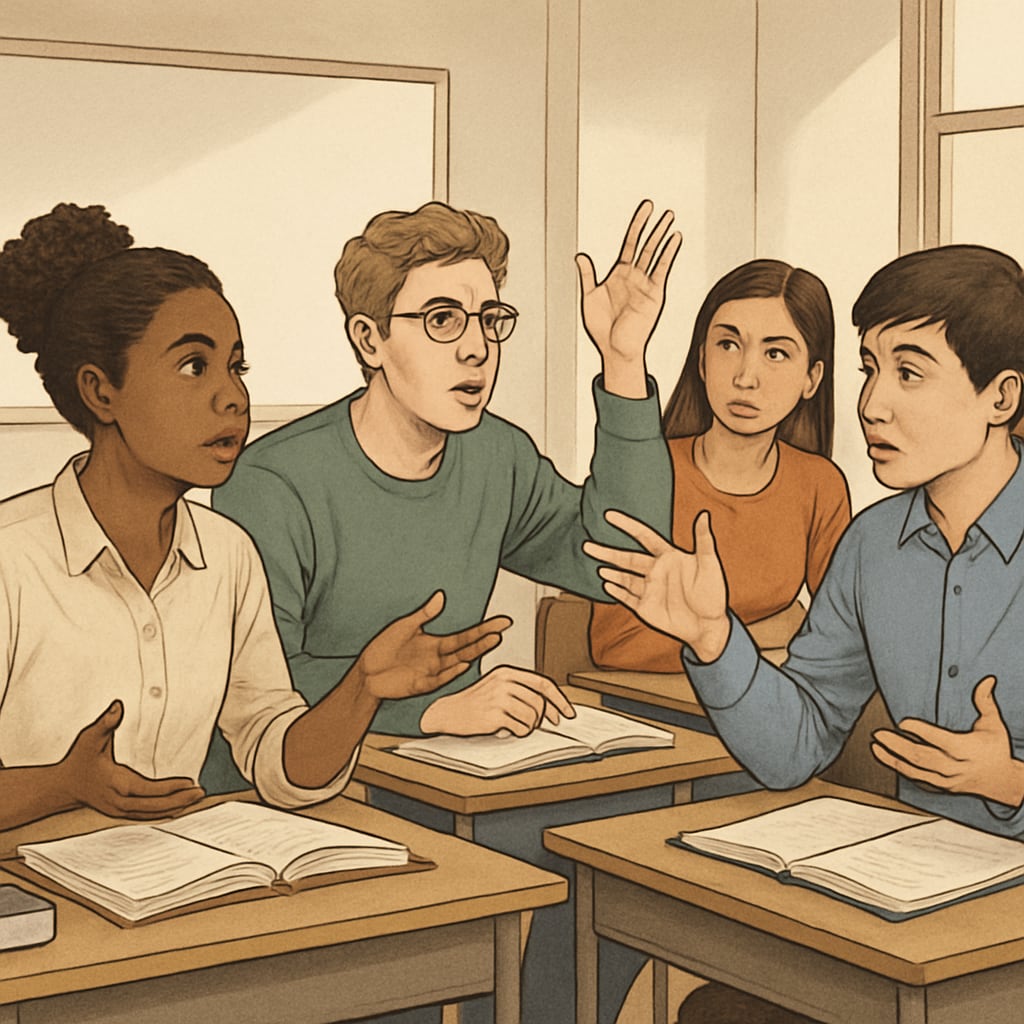Higher education is often viewed as a gateway to career success, but its true value lies in its ability to shape personal character and thought processes. By fostering critical thinking, self-reflection, multi-perspective analysis, and inclusivity, higher education plays a crucial role in preparing individuals for challenges beyond academia. However, as society evolves, we must ask whether modern educational institutions are fully realizing these transformative goals.
Critical Thinking: The Foundation of Intellectual Growth
Critical thinking is a cornerstone of higher education. It enables individuals to analyze information, question assumptions, and solve complex problems. Universities challenge students to move beyond rote learning and embrace analytical reasoning, empowering them to make informed decisions.
For example, a liberal arts curriculum often includes courses that require students to evaluate historical events, scientific theories, or ethical dilemmas. These exercises encourage intellectual rigor and the ability to think independently.

Self-Reflection: Understanding Personal Values and Growth
Higher education also fosters self-reflection, encouraging students to examine their beliefs, behaviors, and goals. This process is essential for personal development, as it helps individuals align their actions with their values.
For instance, many universities incorporate extracurricular activities, such as volunteer programs or leadership workshops, that challenge students to reflect on their motivations and contributions to society.

Multi-Perspective Analysis: Embracing Diversity
Exposure to diverse perspectives is another vital aspect of higher education. By interacting with peers from varied cultural, social, and academic backgrounds, students learn to appreciate different viewpoints and adapt their thinking accordingly.
In addition, courses in global studies or sociology often encourage discussions about international issues, fostering an understanding of complex global interconnections.
Critical thinking on Wikipedia and education on Britannica provide deeper insights into these concepts.
Inclusivity: Building Empathy and Tolerance
Inclusivity is a key outcome of a well-rounded education. Universities often serve as microcosms of society, where students encounter diverse identities and experiences. This environment nurtures empathy and tolerance, essential traits for harmonious living.
However, achieving inclusivity requires intentional efforts, such as implementing policies that promote equal opportunities and creating spaces for open dialogue.
As a result, higher education not only broadens intellectual horizons but also cultivates emotional intelligence, preparing individuals to navigate a complex and interconnected world.
Readability guidance: Each section emphasizes clarity and conciseness, using examples and external links to reinforce key points. Lists and images enhance understanding and engagement. Overuse of passive voice is avoided, ensuring a dynamic and relatable tone.


